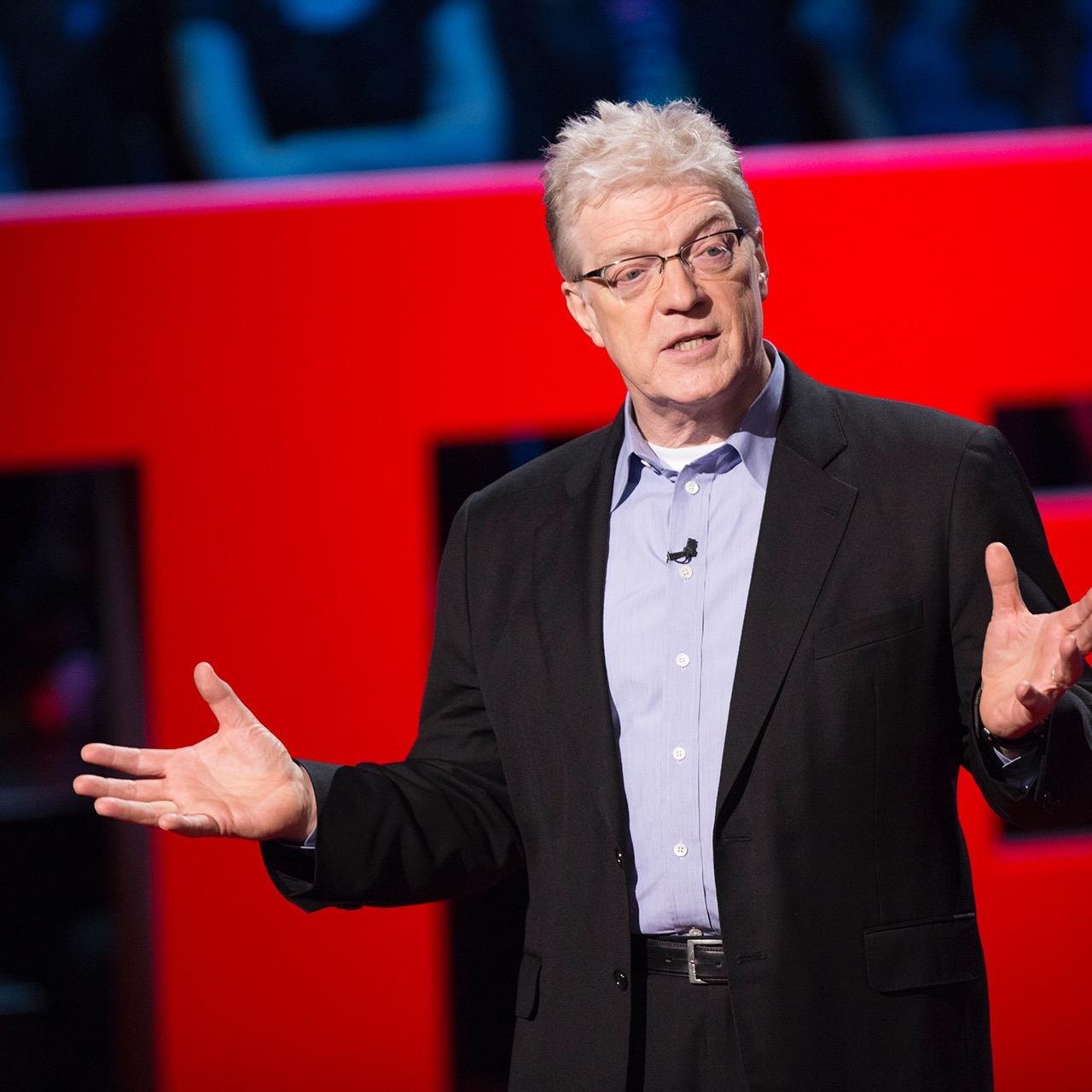 Mike Wesch's TED Talk, "What Baby George Taught Me About Learning in my oinion is essential not only for educators but for any adult that wants to work with youth. Wesch made a comment that many people may look at and say, "its been said before or we know this already" but is almost always overlooked. That comment being, "Learning is not about a grade or a score". Its a shame that our educational system centers around standardized testing or who outranks who in reading, writing, and math. Whats makes this whole situation even more disappointing is, our students are suffering in other areas such as, the necessary skills they need to thrive in the world. In Ken Robinson's TED Talk, "How to Escape Education's Death Valley, Robinson compares the US's educational system to Finland's. The students in Finland score exceptionally well in the areas of reading, science, and math. However, educators do not base their students success solely on standardized testing. The teachers in Finland give equal attention to other disciplines such as; humanities, physical education, and the arts.
Mike Wesch's TED Talk, "What Baby George Taught Me About Learning in my oinion is essential not only for educators but for any adult that wants to work with youth. Wesch made a comment that many people may look at and say, "its been said before or we know this already" but is almost always overlooked. That comment being, "Learning is not about a grade or a score". Its a shame that our educational system centers around standardized testing or who outranks who in reading, writing, and math. Whats makes this whole situation even more disappointing is, our students are suffering in other areas such as, the necessary skills they need to thrive in the world. In Ken Robinson's TED Talk, "How to Escape Education's Death Valley, Robinson compares the US's educational system to Finland's. The students in Finland score exceptionally well in the areas of reading, science, and math. However, educators do not base their students success solely on standardized testing. The teachers in Finland give equal attention to other disciplines such as; humanities, physical education, and the arts.
Mike Wesch also touches on the level of disconnection students feel from their teachers Some teachers can not or are not willing to share the spotlight. I don't want to say share their power because in my mind the word power has a negative connotation attached to it. We could learn so much from our students if we took a step back from being the educator and became the student. We can learn just as much if not more from our students than they could ever learn from us. By ting this process in the classroom, you're closing the door of disconnection and establishing a level of trust and respect. If students do not trust you or feel as though you respect them, it makes it that much harder for them to approach their teacher(s), let alone trust them.
Mike Wesch and Ken Robinson share a common mindset when it comes to education and the learning process. That mindset is, education and learning make up a human system. Standardized testing should not be the basis of learning. How are standardized tests going to help our students when they're looking to interview for a job, how are these tests going to help our students with public speaking. They're not essential to furthering the skills of our students.




